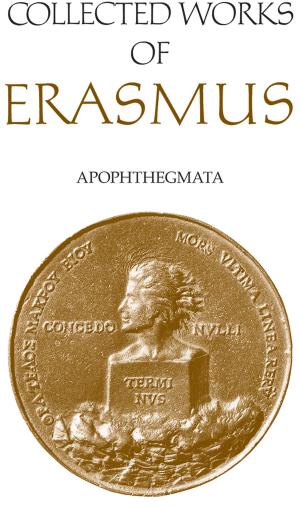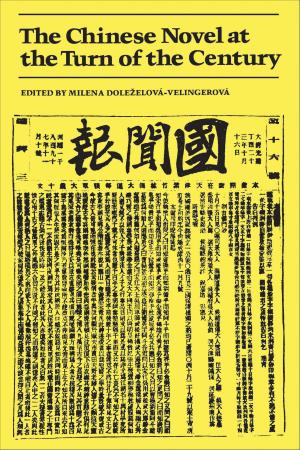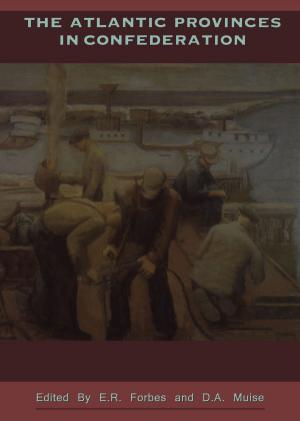The Politics of the Past in an Argentine Working-Class Neighbourhood
Nonfiction, History, Americas, South America, Social & Cultural Studies, Social Science, Sociology, Urban, Anthropology| Author: | Lindsay DuBois | ISBN: | 9781442692206 |
| Publisher: | University of Toronto Press, Scholarly Publishing Division | Publication: | May 15, 2008 |
| Imprint: | Language: | English |
| Author: | Lindsay DuBois |
| ISBN: | 9781442692206 |
| Publisher: | University of Toronto Press, Scholarly Publishing Division |
| Publication: | May 15, 2008 |
| Imprint: | |
| Language: | English |
The Argentine dictatorship of 1976 to 1983 set out to transform Argentine society. Employing every means at its disposal - including rampant violation of human rights, union busting, and regressive economic policies - the dictatorship aimed to create its own kind of order. Lindsay DuBois's The Politics of the Past explores the lasting impact of this authoritarian transformative project for the people who lived through it.
DuBois's ethnography centres on José Ingenieros, a Buenos Aires neighbourhood founded in a massive squatter invasion in the early 1970s, and describes how the military government's actions largely subdued a politically engaged community. DuBois traces how state repression and community militancy are remembered in Joé Ingenieros and how the tangled and ambiguous legacies of the past continued to shape ordinary people's lives years after the collapse of the military regime.
This rich and evocative study breaks new ground in its exploration of the complex relationships between identity, memory, class formation, neoliberalism, and state violence.
The Argentine dictatorship of 1976 to 1983 set out to transform Argentine society. Employing every means at its disposal - including rampant violation of human rights, union busting, and regressive economic policies - the dictatorship aimed to create its own kind of order. Lindsay DuBois's The Politics of the Past explores the lasting impact of this authoritarian transformative project for the people who lived through it.
DuBois's ethnography centres on José Ingenieros, a Buenos Aires neighbourhood founded in a massive squatter invasion in the early 1970s, and describes how the military government's actions largely subdued a politically engaged community. DuBois traces how state repression and community militancy are remembered in Joé Ingenieros and how the tangled and ambiguous legacies of the past continued to shape ordinary people's lives years after the collapse of the military regime.
This rich and evocative study breaks new ground in its exploration of the complex relationships between identity, memory, class formation, neoliberalism, and state violence.















